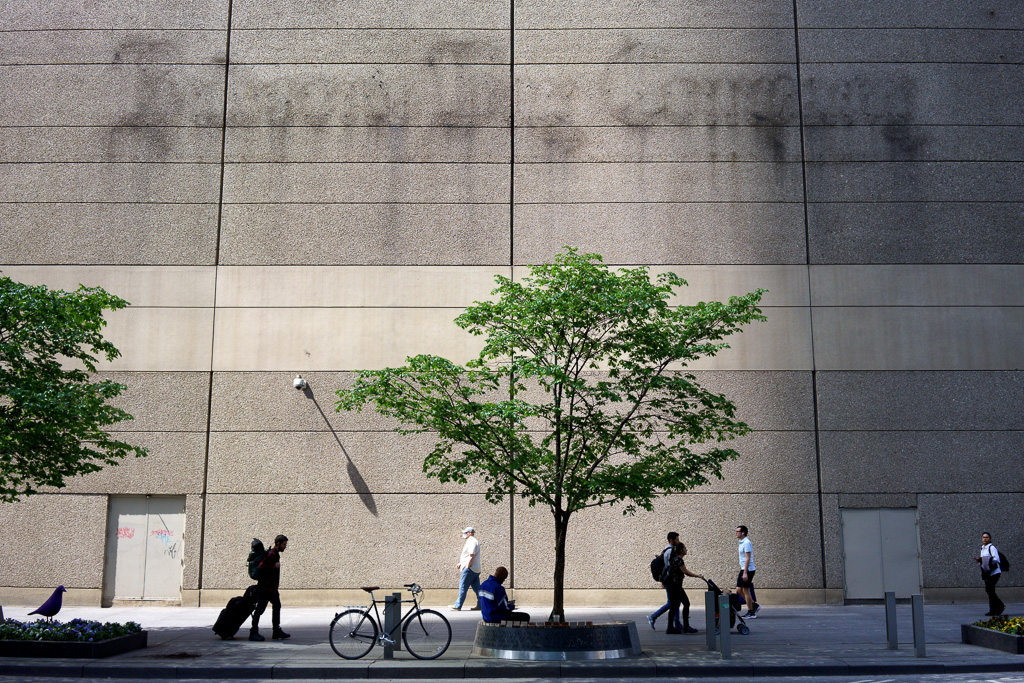Ever since the financial crisis of 2008, we’ve grown accustomed to the phrase “too big to fail” as a justification for using government funds to prop up large corporations. The rationale is that certain companies are so large that if they collapse, the consequences will ripple throughout the national or even global economy and take everything down with them. For example, if a bank defaults on its obligations to its depositors, they will then default on their obligations, too, and so on. Never mind that the people who lobby for government money by crying “too big to fail” are the same people who, at any other time, would declare themselves neoliberal small-government libertarians. But that’s a rant for another day.
It strikes me that the phrase “too old to fail” has some traction too, though maybe for different reasons. I feel no sentimental attachment to the Royal Bank of Canada, but I feel very differently about the Hudson Bay Company. As a boy, I read about how Henry Hudson and his son were set adrift in the spring of 1611 by a mutinous crew who were tired of masking wintering in the newly discovered Hudson’s Bay. They floated off, never to be seen again. I read, too, about the adventures of Radisson and Groseilliers and imagined myself paddling alongside them as they explored uncharted territories.
In 1670, a group of wealthy courtiers obtained a Royal Charter formally establishing the Hudson Bay Company. And in 1869 the HBC sold the region known as Rupert’s Land to the recently formed government of Canada (rejecting an American offer).
However, recent transactions have sucked most of the romance out of The Bay and remind us that it’s now just another company, as subject to the logic of free-flowing capital as any other. For example, in 1978, it acquired Zellers. Zellers for fuck’s sake! But that wasn’t the last shit discount retail store it acquired. It bought Towers in 1990 and Kmart in 1998. Holy crap! In 1979, billionaire Kenneth Thompson acquired a 75% stake in the company and, like an unsexy version of Richard Gere’s character in Pretty Woman, proceeded to break it apart.
But the nail in the coffin of HBC romance came in 2008 when an American private equity firm bought the company for $1.1 billion. In 2020, they took the company private and that, as they say, is that. Earlier this year, they announced that they were closing the local retail outlet at Bloor and Yonge. The place where I buy all my underwear! Gone with the snap of a finger. Earlier this month, a crew came and pulled the sign off the side of the building and turned one of Toronto’s shittiest stretches of sidewalk into an even shittier stretch of sidewalk.
But I should have known better. As I boy, I could be forgiven for getting swept away by a romantic telling of the Hudson Bay story. But what took me so long to revisit the story with the critical eye of an adult? What took me so long to recognize that this is just another example of capital, whether in 1670 or 2020, deployed to make a handful of people obscenely wealthy at the expense of whole nations of people and the natural resources that sustain them?
A stain on a wall is easy enough scour away. But other stains endure.
